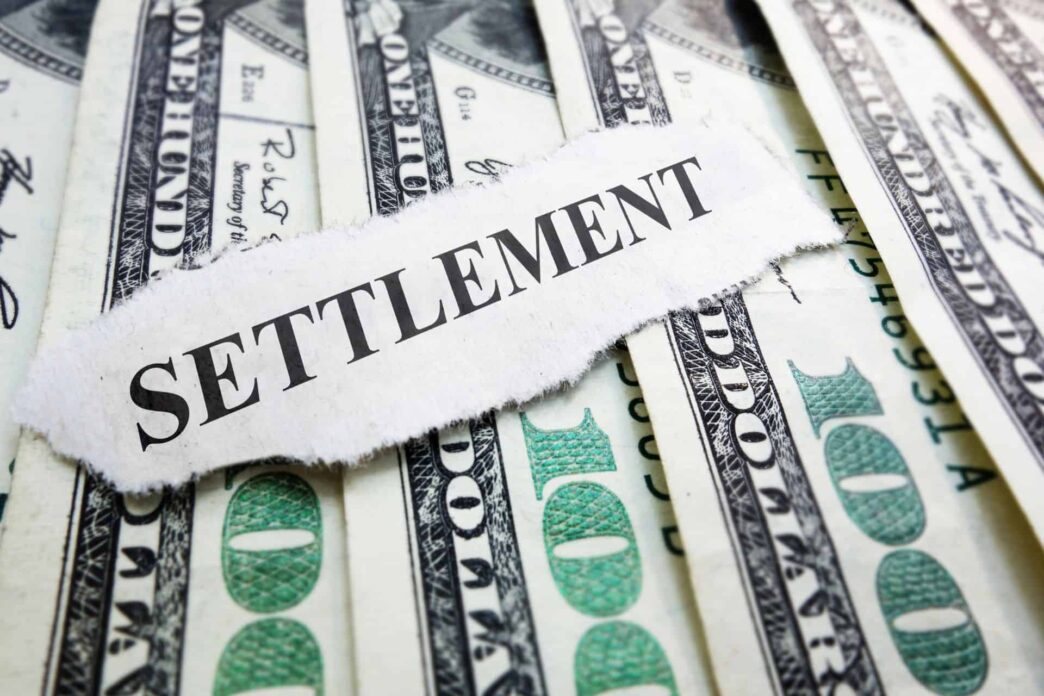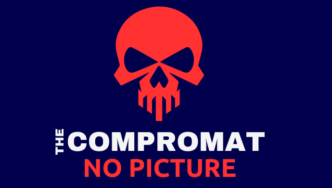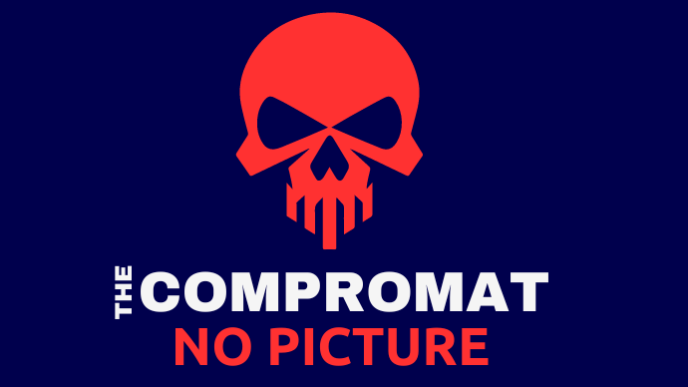Just like in everyday negotiations where you want to purchase a home appliance or a new car, both the seller and buyer will negotiate so that they can settle at a fair price. It is thus importantfor the claimants (the plaintiff) to ensure that they are highly skilled in this aspect to survive the rigors of the personal injury settlement process.
Negotiation skills are vital in a personal injury settlement, as neither the plaintiff nor the insurance company will want to be shortchanged.
Skills aside, it is important that a verbal agreement is not final. You can get out of a verbal settlement agreement at any time.
Victims need basic skills when presenting facts to end up on the winning side of a personal injury case.
Another reason to have and develop good negotiation skills is that, in most cases, personal injury claims get settled out of court and not in a trial.This will mostly be in an informal setting. To this end, the points listed below will explain some of the useful tips that could come in handy in a settlement.
1. Stay Coordinated And Organized
As easy as this may sound, it can also prove difficult for different people with different personalities. It is advised that you are well-collected when speaking with the insurance company. Keep a record of the details and times of any calls you get from insurance adjusters. By so doing, you have hard evidence of previous agreements and any other challenges that may occur.
2. Patience
As difficult as it may be and as much as you would want payment right away, it is usually preferable to exercise patience. Insurance firms may deliberately undervalue you in their initial offer, hoping that you won’t put in the effort to bargain for a higher settlement. But patience equates to a higher settlement.
3. Consistency
You know what they say about being consistent in whatever you find yourself doing; the same applies here. On top of being patient, you may need to regularly check in with the insurance company. If an adjuster says they will do something in your case, then ask them to name a deadline. When you have both agreed to the timing and what will happen, put that agreement in writing, in a confirmation letter.
4. Set a Deadline
The agreement between you and the insurance company must have a fixed timeline. This way, your claim will be received on time. Once the timing and the details have been agreed upon by both of you and the company, ensure to put that agreement in writing in a letter of confirmation.
5. Commitment
Once you arrive at the deadline, you may need to call and ask after the agreed action, asking for a response within a reasonable amount of time. You do not want to call every day, but you want to make sure you do a good job of following up on any terms of agreement you have reached with an insurer.
6. Hire An Attorney
This is another very important factor, except in very rare cases where a personal injury lawyer is not available. A personal injury lawyerunderstands and can interpret the laws that govern civil cases of this type.
7. Gather And Preserve Evidence
As the major means of establishing responsibility and showing non-economic and economic losses in a personal injury lawsuit, maintaining evidence is essential from the perspective of the legal representation side. The stronger the case (and the settlement amount) is, the more evidence that can be gathered and maintained.
In conclusion, the outcome of your settlement depends on your negotiation skills and your ability to involve an attorney.







